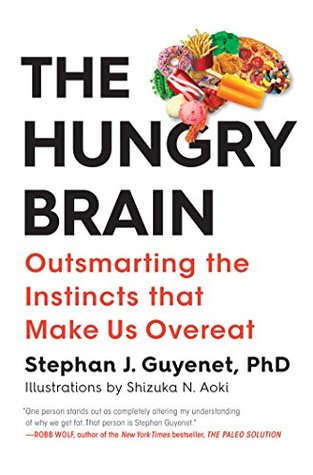More on this book
Community
Kindle Notes & Highlights
The marshmallow test isn’t a pure test of delay discounting, because it also measures the ability to exert willpower to suppress the desire to act on temptations. The technical term for this is impulse control (or response inhibition), and it’s a component of the umbrella concept of impulsivity.
Some astrocyte researchers would bristle at this statement, because astrocytes do seem to participate in information processing in some situations.
In the scientific literature, satiation is the sensation of fullness that eventually terminates a meal, while satiety is the state after a meal that makes you less likely to eat again.
cortisol-like compounds (glucocorticoids) inhibit STAT3 phosphorylation by the leptin receptor, a critical signaling event that mediates much of leptin’s impact on energy balance in the hypothalamus.
As soon as the food industry was required to report trans fat on nutrition labels, the amount of it in US foods plummeted.


